By Jorge Barrera
APTN National News
OTTAWA-Canada’s continued refusal to fully involve First Nations in the development of natural resource projects on their territories could undermine the energy security needs of the U.S., says a Manitoba chief.
Roseau River First Nations Chief Terry Nelson said he wants First Nations leaders to appear before US Congress to testify about their concerns around oil developments in Canada.
Nelson wants U.S. politicians to understand the link between Washinton’s energy security requirements in Canada and the need for First Nations to be fully involved in the development of energy resources. Unless Canada brings First Nations onside, blockades and protests could threaten energy supplies to the U.S., he said.
“Americans need to be brought on side,” said Nelson. “Our enemy is not the Americans. The Americans buy products from Canada, they invest in Canada.”
Canada is one of the U.S.’s top oil suppliers, the majority coming from the Alberta tar sands. The Canadian economy also depends heavily on U.S. investment and consumption.
Nelson has crafted a resolution calling on the Assembly of First Nations to begin the work on appearing before the U.S. Congress.
Nelson hopes to have the resolution debated at the upcoming AFN special chief’s assembly in Gatineau, Que., later this month.
“The U.S. Congress has committees specifically to enhance information gathering and dialogue on matters affecting the security of the U.S.,” reads the resolution. “The possible escalation of the blockades and protests against the pipelines by Canadian First Nations and Native Americans is a concern for the U.S. security of energy access.”
The draft resolution has the support Manitoba Canupawakpa Dakota Nation Chief Frank Brown who is listed as backing it.
Brown said his community is not planning any blockades, but supports the resolution because it’s time for First Nations to get a cut of the revenues from resources that flow through and from their territories.
“We have been trying to address this for 40 years now we have been neglected,” said Brown. “We are the natural inhabitants of this land and we are all saying we are not being consulted, we are not being involved, and we are not benefiting.”
The resolution calls on the AFN to develop a joint approach on dealing with oil development the involvement of First Nations in any oil trade negotiations between Canada and the U.S. whenever it impacts Treaties and First Nations territories.
The resolution calls on the AFN to recognize the “right of a First Nation to take direct action to enforce the Treaties.”
Nelson said our communities are growing increasingly frustrated with the tactics of the Conservative government. He said many believe the government is behind the Canadian Taxpayers Federation recent release of chief and band council salaries.
“This thing was done deliberately to talk about the wages of the chiefs to divert the attention of the Canadian public from the tremendous amount of waste going on in the Conservative government,” said Nelson. “Indian Affairs is just a miniscule amount of the total Canadian budget.”
The 2010-2011 budget had $280 billion in total expenditures and about $10 billion of that went for programs directed to Aboriginal people through 34 different departments. The bulk of the spending went through Indian Affairs.
Nelson was the author of the 2007 day of action resolution.
He also ran for national chief of the AFN and received about 10 per cent of the chiefs’ vote.




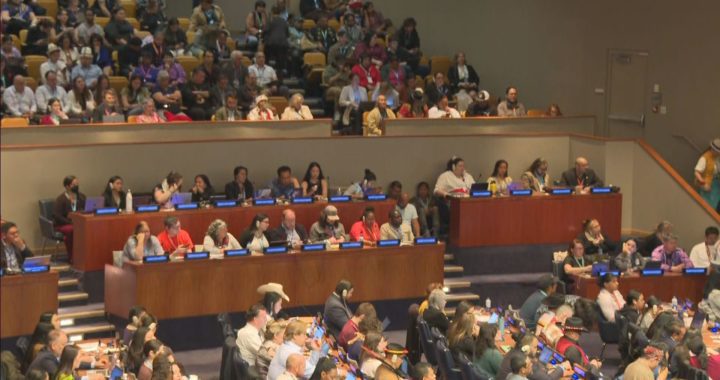

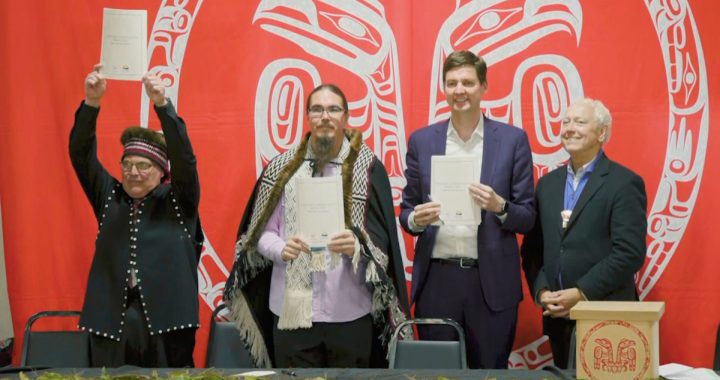
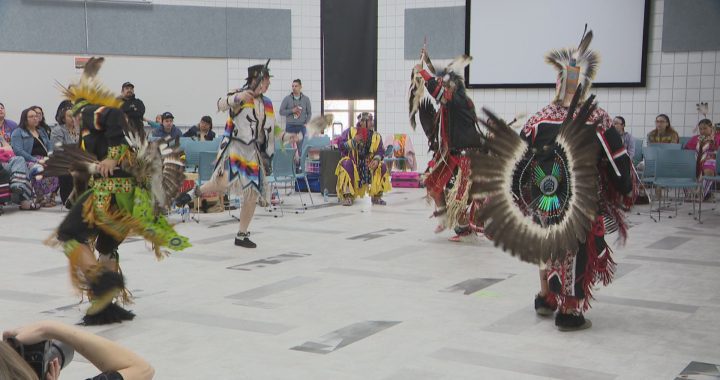
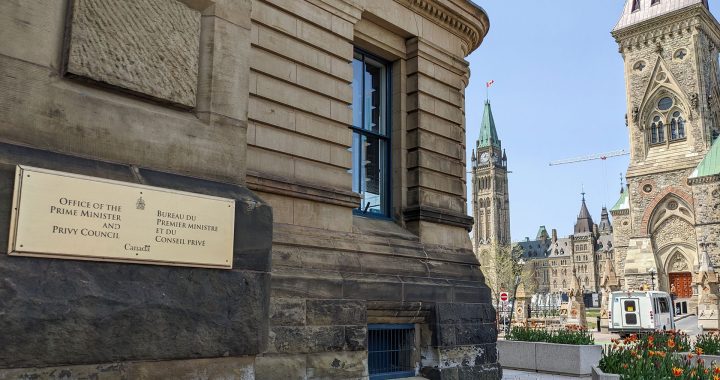
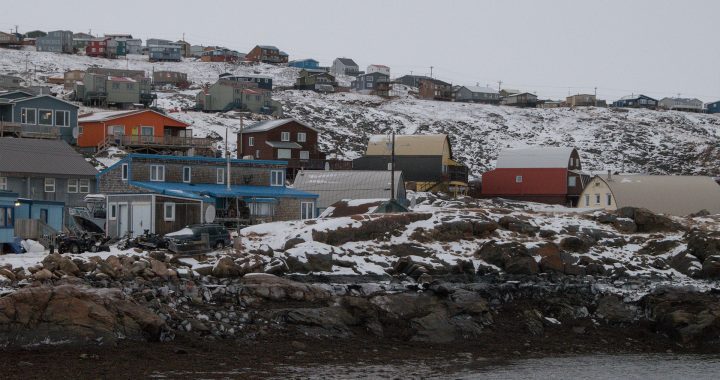
1 thought on “U.S. energy needs linked to First Nations involvement: chief”
Comments are closed.